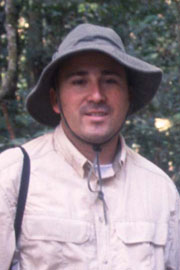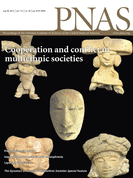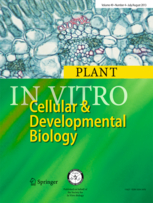
A nearly ten-year-long series of investigations into a pair of plant physiologists who received millions in funding from the U.S. National Science Foundation has resulted in debarments of less than two years for each of the researchers.
The NSF Office of Inspector General recently posted its close-out report on its decision and a review of the University’s investigation, which had recommended a total of eight retractions or corrections. Although the investigator’s names have been redacted, the text of retractions and corrections quoted in the report corresponds to papers by Continue reading NSF investigation of high-profile plant retractions ends in two debarments




